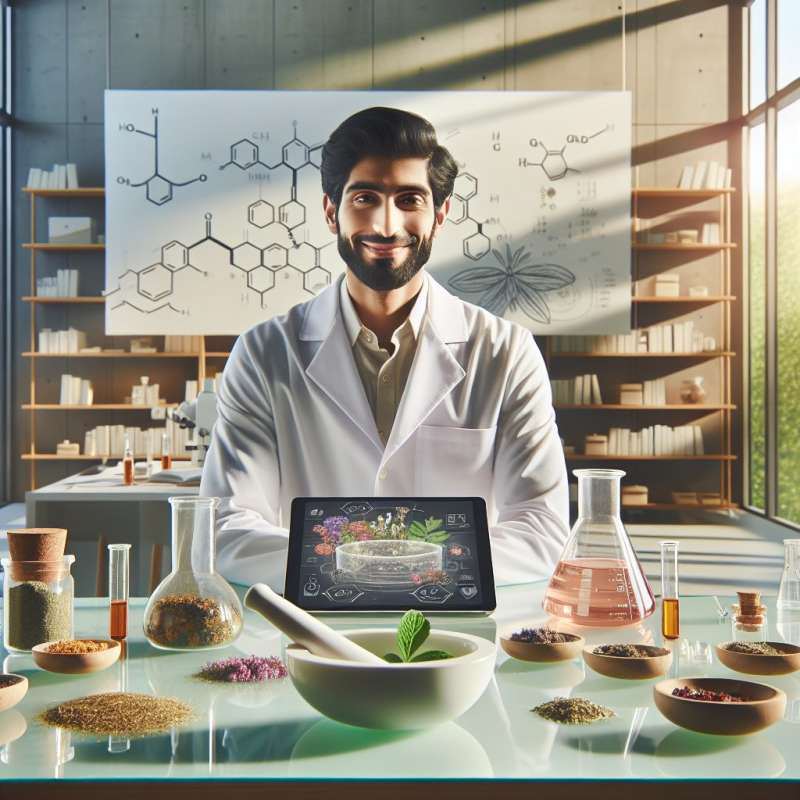
Pharmacology Defined Simply
Pharmacology is the science of drugs, encompassing their origins, composition, effects, and applications. It's a bridge between the biomedical sciences and therapeutic practice.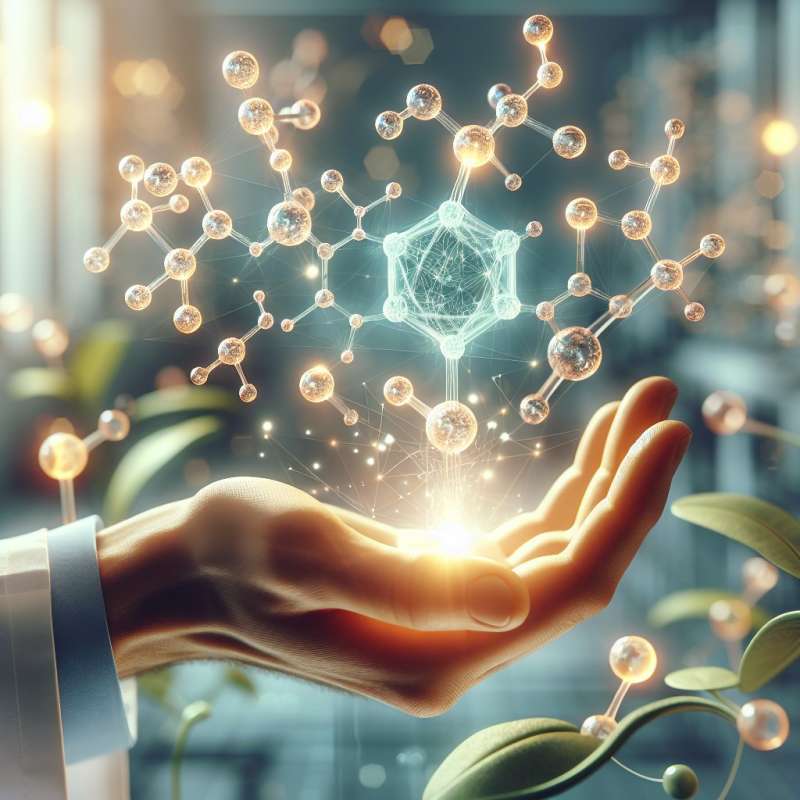
Drug Receptor Interactions
Drugs exert effects by binding to receptors. This interaction can mimic or inhibit a natural process, leading to therapeutic effects or adverse reactions, a basis for understanding drug action.
Pharmacokinetics vs Pharmacodynamics
Pharmacokinetics describes how the body affects a drug, including absorption, distribution, metabolism, and excretion. Pharmacodynamics analyzes how drugs influence the body, focusing on mechanisms of action.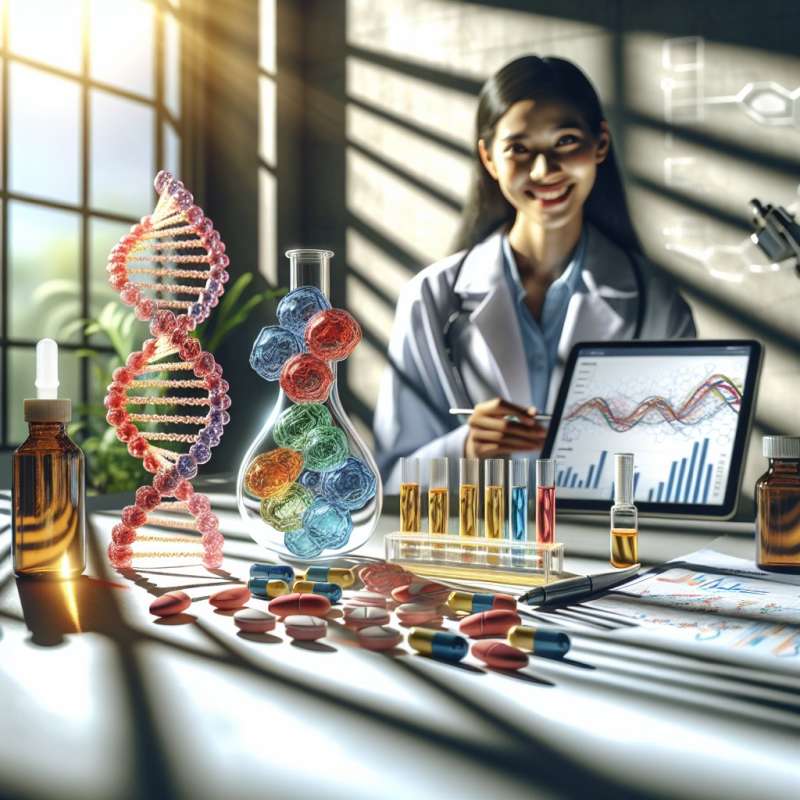
Cytochrome P450 Enzyme System
The Cytochrome P450 system metabolizes drugs and is subject to genetic variability. This can drastically affect drug efficacy and safety, leading to personalized medicine approaches.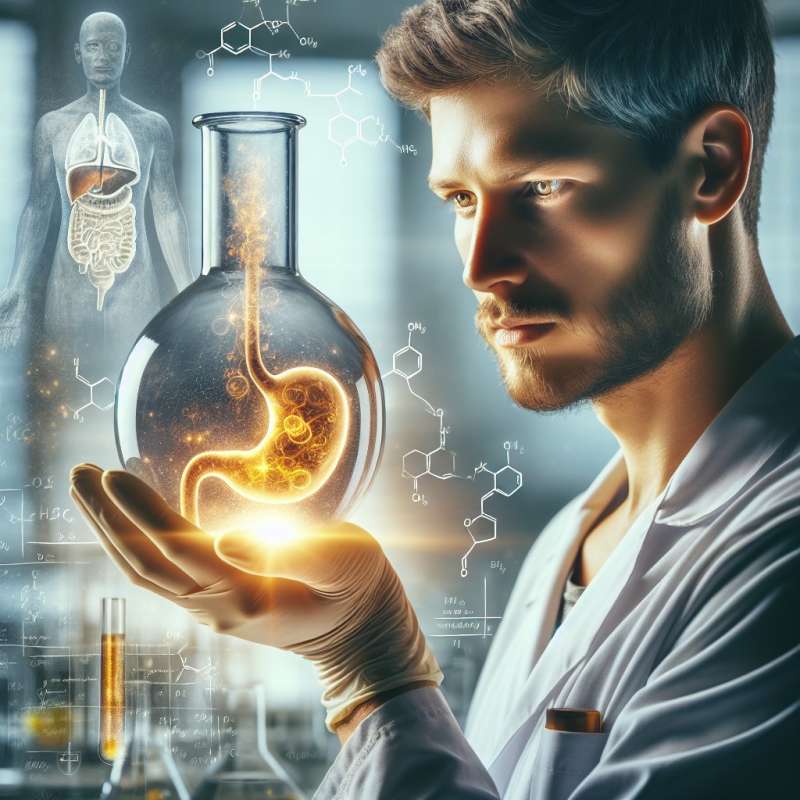
First Pass Metabolism
First pass metabolism refers to the reduction of drug concentration before it reaches systemic circulation, predominantly seen with oral medications. This significantly influences dosage and drug form selection.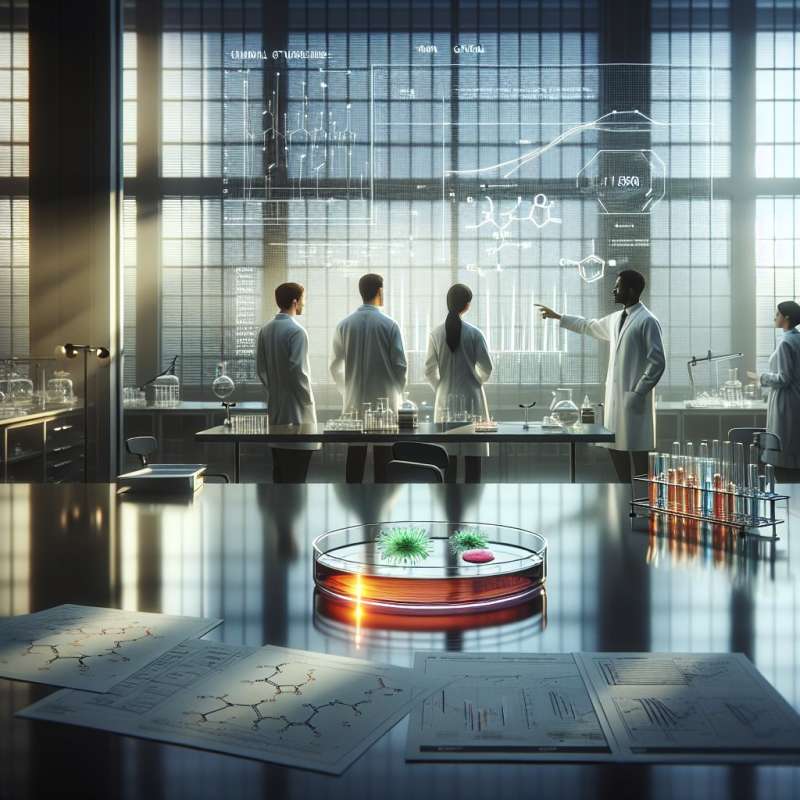
Drug Development and Trials
Developing new drugs takes over a decade and involves rigorous preclinical and clinical testing. Surprisingly, only about 1 in 5,000 compounds make it from lab to pharmacy shelves.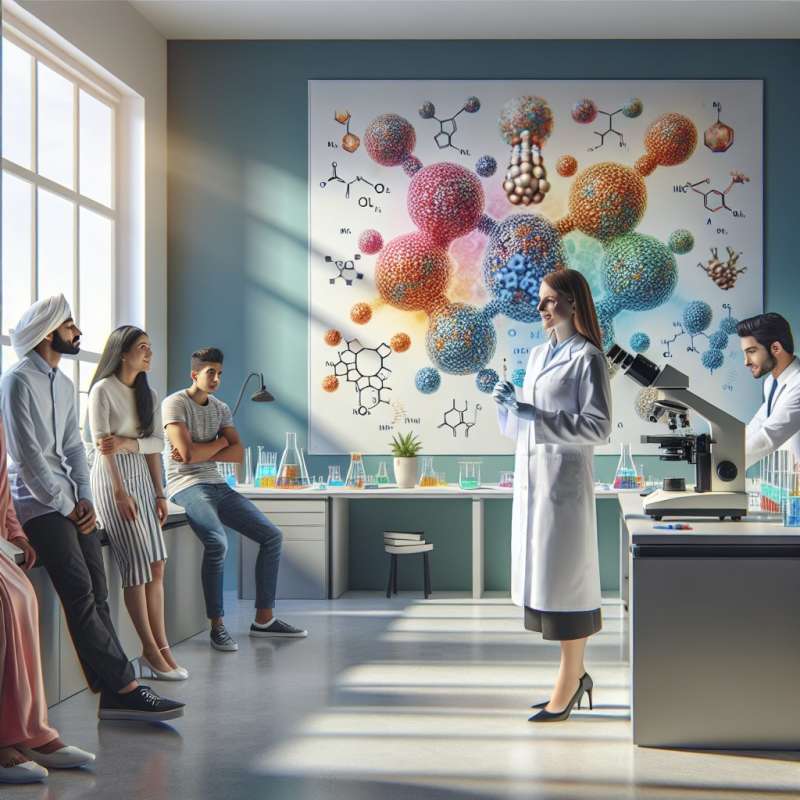
Orphan Drugs Phenomenon
Orphan drugs treat rare diseases affecting a small percentage of the population. Despite limited markets, they're crucial for affected individuals and often benefit from government incentives.
What bridges biomedical sciences and therapy?
Pharmacokinetics and pharmacodynamics
Pharmacology
Cytochrome P450 system
Company